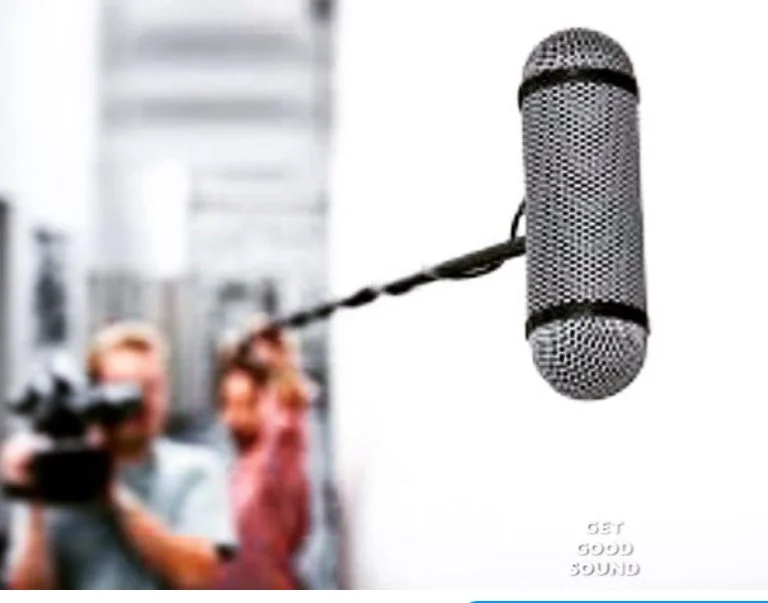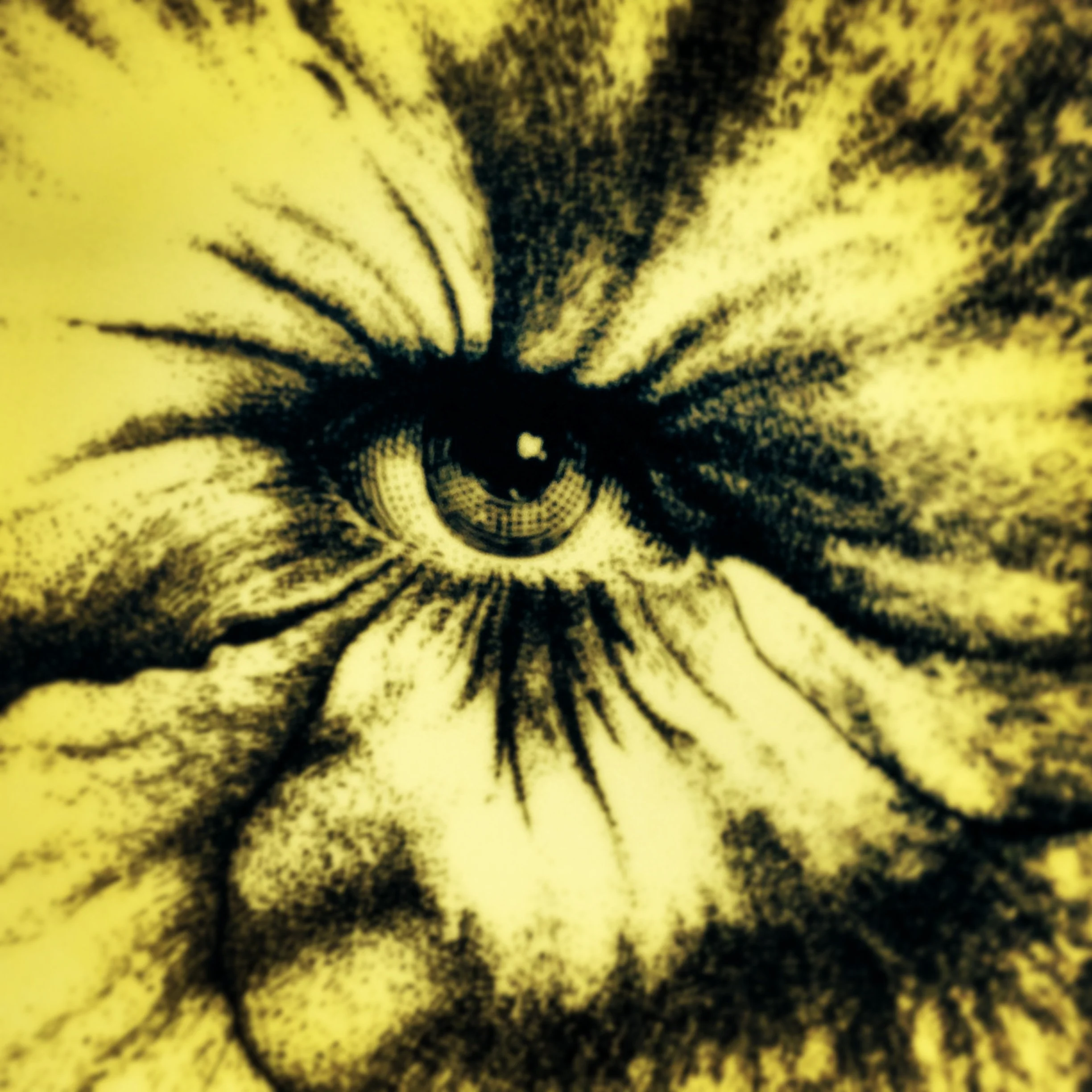Film Directing 128: That's a Wrap!
/Congratulations! It’s a big deal!
Finishing production is a major milestone for your film.
A lot of energy and effort has gone into getting your project to this point. The cast and production crew may be finished, but you’re not!
You have miles to go. Buckle up!
Read More










